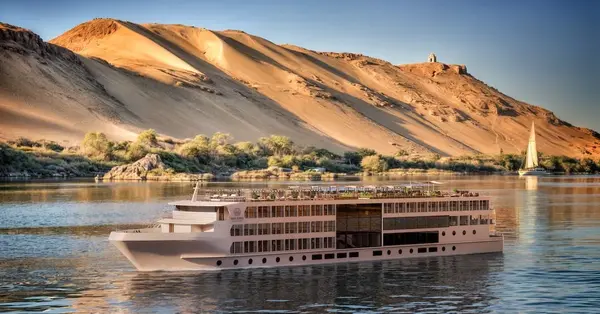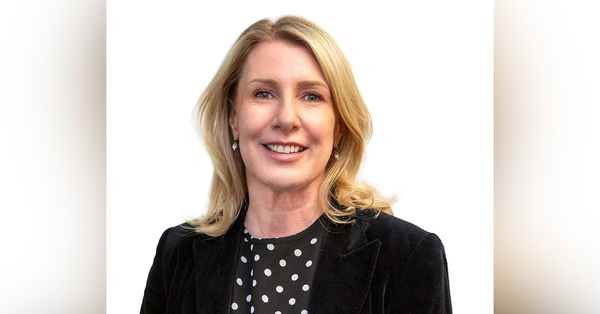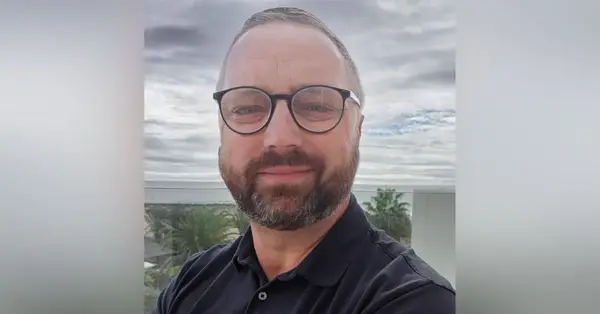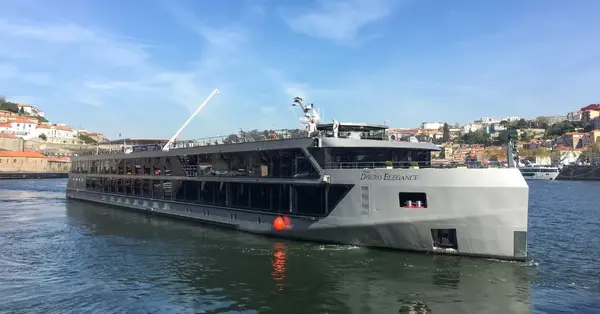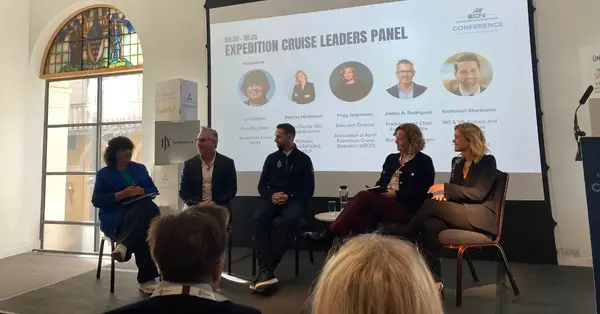Brittany Ferries prepares to deploy first LNG-powered ship in fleet
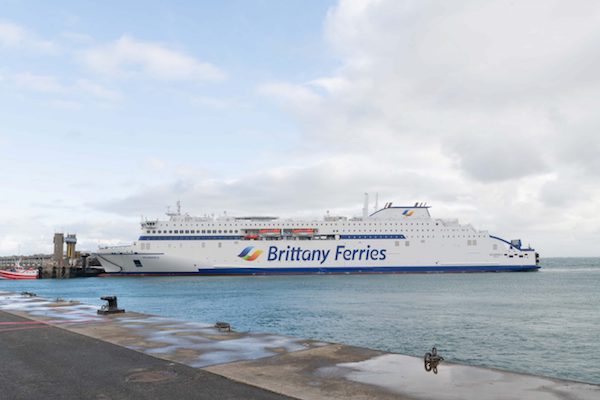
Brittany Ferries is to put the first passenger ferry powered by LNG (liquefied natural gas) to operate from the UK into service before Easter.
Salamanca arrives in Portsmouth on March 25 and will enter service to Bilbao the following Sunday.
When even more renewable options like e-methane or bio-methane come on stream, Salamanca will be ready to run on them, according to the company.
However, the company’s boss urged support for shore-side power infrastructure as future hybrid ships arriving in 2025 will be ready to plug-in, promising zero emissions in port and reduced emissions at sea.
Salamanca is the first of four new LNG-powered ships destined for Brittany Ferries.
A second named Santona arrives in 2023, also to serve Portsmouth to Spain routes, with sailings to Santander, the capital of Cantabria.
Further investment has been made in two LNG-hybrid vessels, arriving in 2024 and 2025.
Brittany Ferries’ hybrids will replace two of the oldest ships in the fleet, Bretagne and Normandie, on UK-France routes.
At sea, power will come from cleaner LNG. But they will also operate partially or completely on battery power, for example when arriving and departing ports.
They will also be ready to plug-in to shore-side power, when investment in the infrastructure to support it is made.
This will allow recharging of batteries in port, as well as power for systems like air conditioning, heating and lighting on board.
Chief executive Christophe Mathieu said: “Brittany Ferries is proud to be taking a lead by investing in technologies of tomorrow.
“We have a responsibility to bring cleaner vehicles to market and that is what we have done.
“But it’s not just shipping companies like ours that have a role to play on our journey to a more sustainable future.
“An integrated approach is essential, one that includes fuel companies, port partners and governments to support the necessary investment in infrastructure like shore-side power. The more we join-up, the greater the benefits will be.”
Ferry services powered by LNG already operate in the Baltic Sea.
You have viewed both of your 2 free articles this month as an unregistered user
To continue reading, please register with Travel Weekly free of charge, or if you have already registered click here to login

